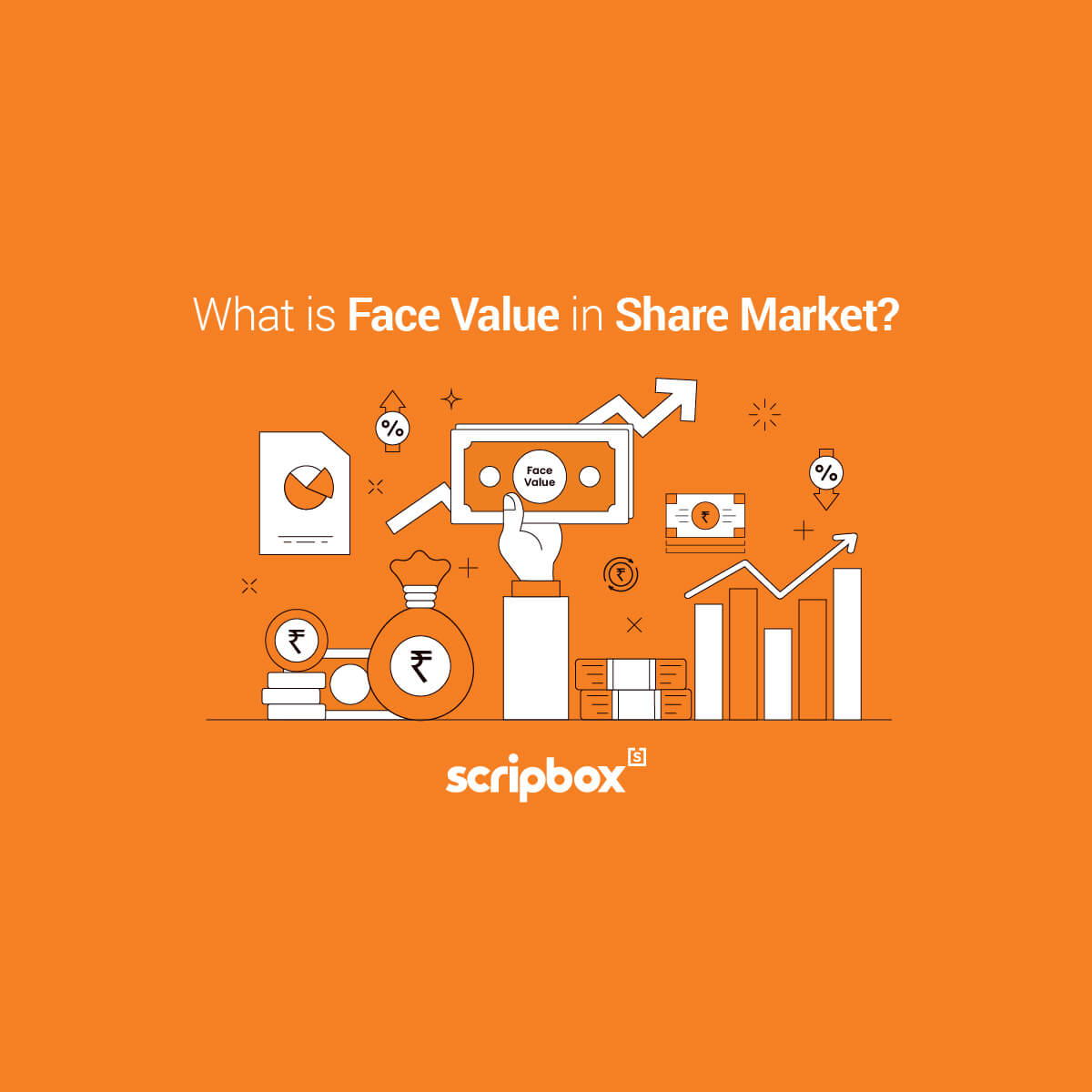
Face Value of Share
What is Face Value of Share? Face value is the original value of a share shown on the share certificate. In other words, it refers to the value listed on share certificates, digital records, and books. The face value is...
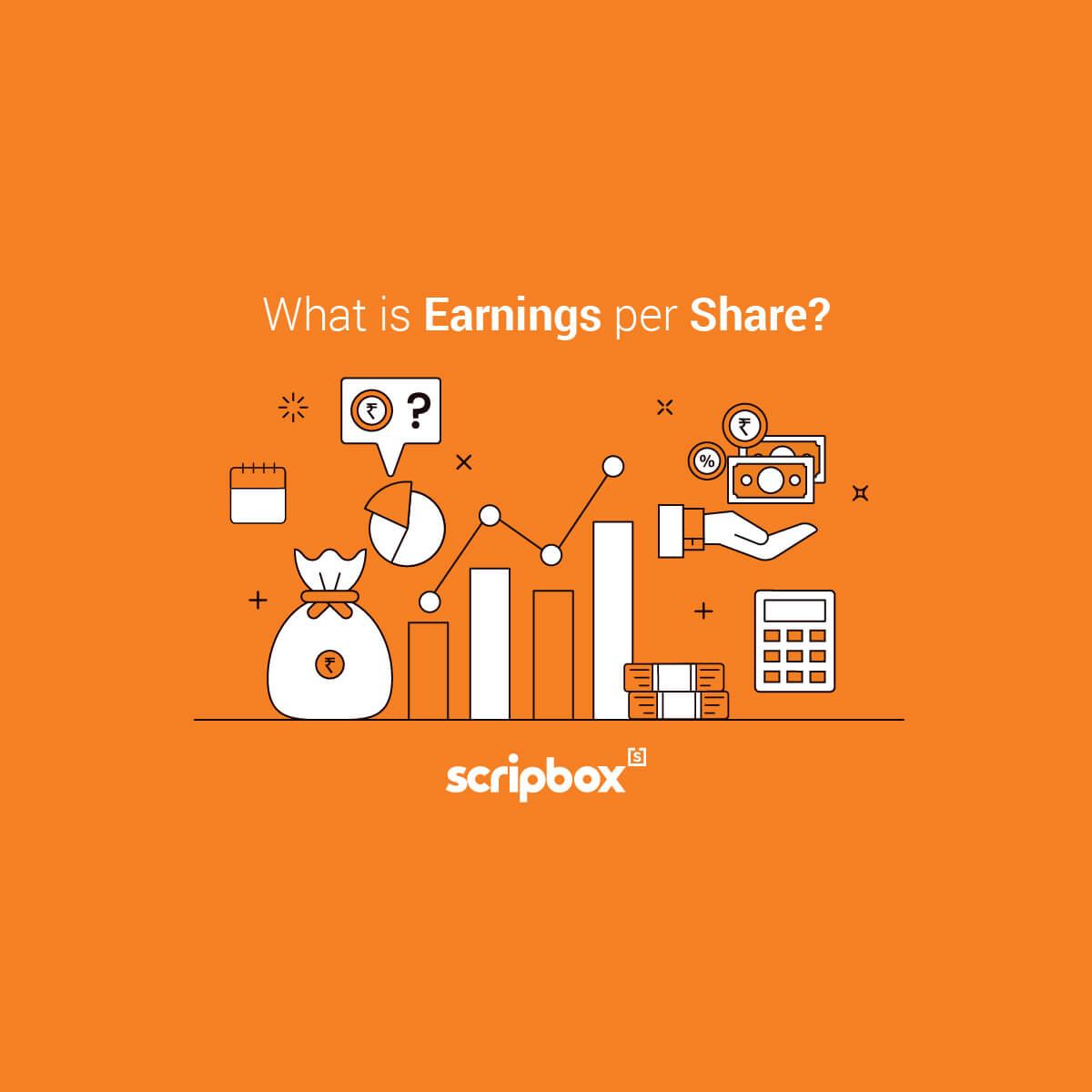
Earnings Per Share (EPS)
Various financial ratios help analyze a company fundamentally before investing. One of those financial ratios is Earnings Per Share (EPS). EPS compares the company's profit and the number of outstanding shares. What is Earnings Per Share? Earnings per share refer...
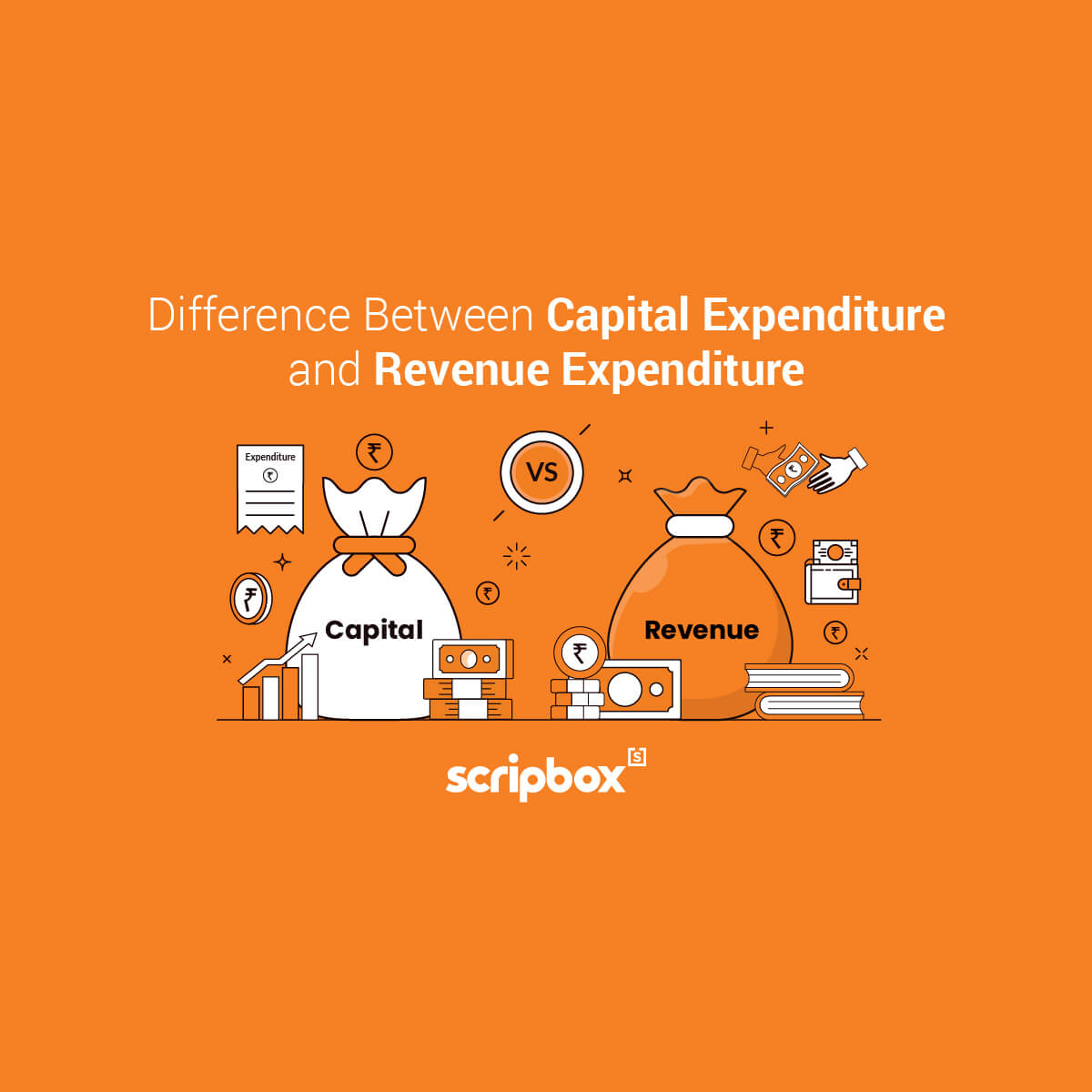
Differences Between Capital Expenditure and Revenue Expenditure
The major difference between capital expenditure and revenue expenditure is that the former is for acquiring and managing fixed assets, while the latter is for managing business operations. What is Capital Expenditure? Capital Expenditure is the company’s fund on fixed...
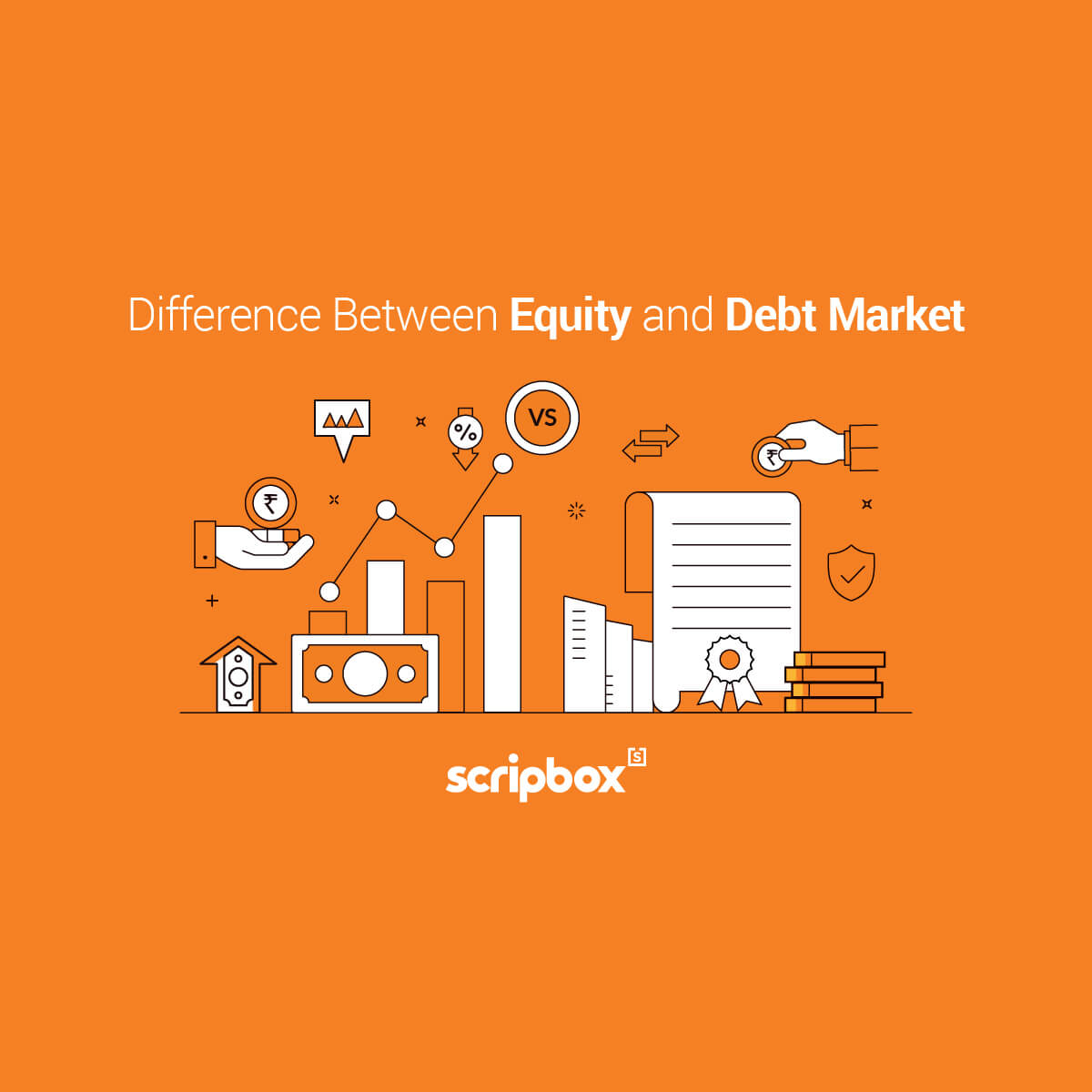
Differences Between Equity and Debt Market
Financial markets are the marketplace where various financial assets are traded. Equity and debt markets are two types of financial markets. As the name suggests, the equity market is a market for equity-related securities, and the debt market is for...
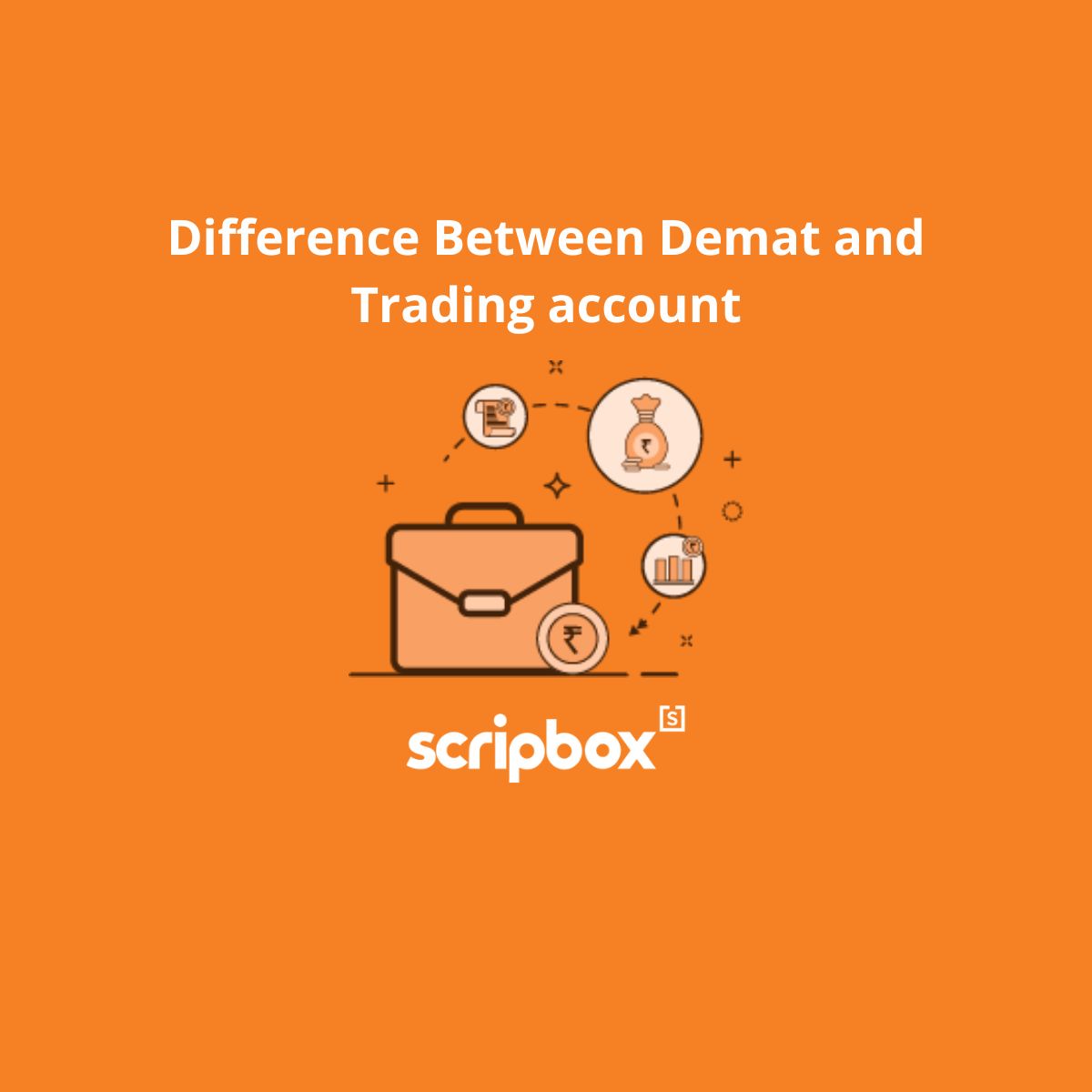
Difference Between Demat and Trading Account: Understanding Demat Account vs Trading Account
A demat account also known as dematerialised account, is an account that allows investors to hold their purchased shares and other securities in paperless form. For buying or selling securities, investors need another account, a trading account. Thus, a trading account...
Practical Insights For Wealth Creation
Our weekly finance newsletter with insights you can use
Your privacy is important to us
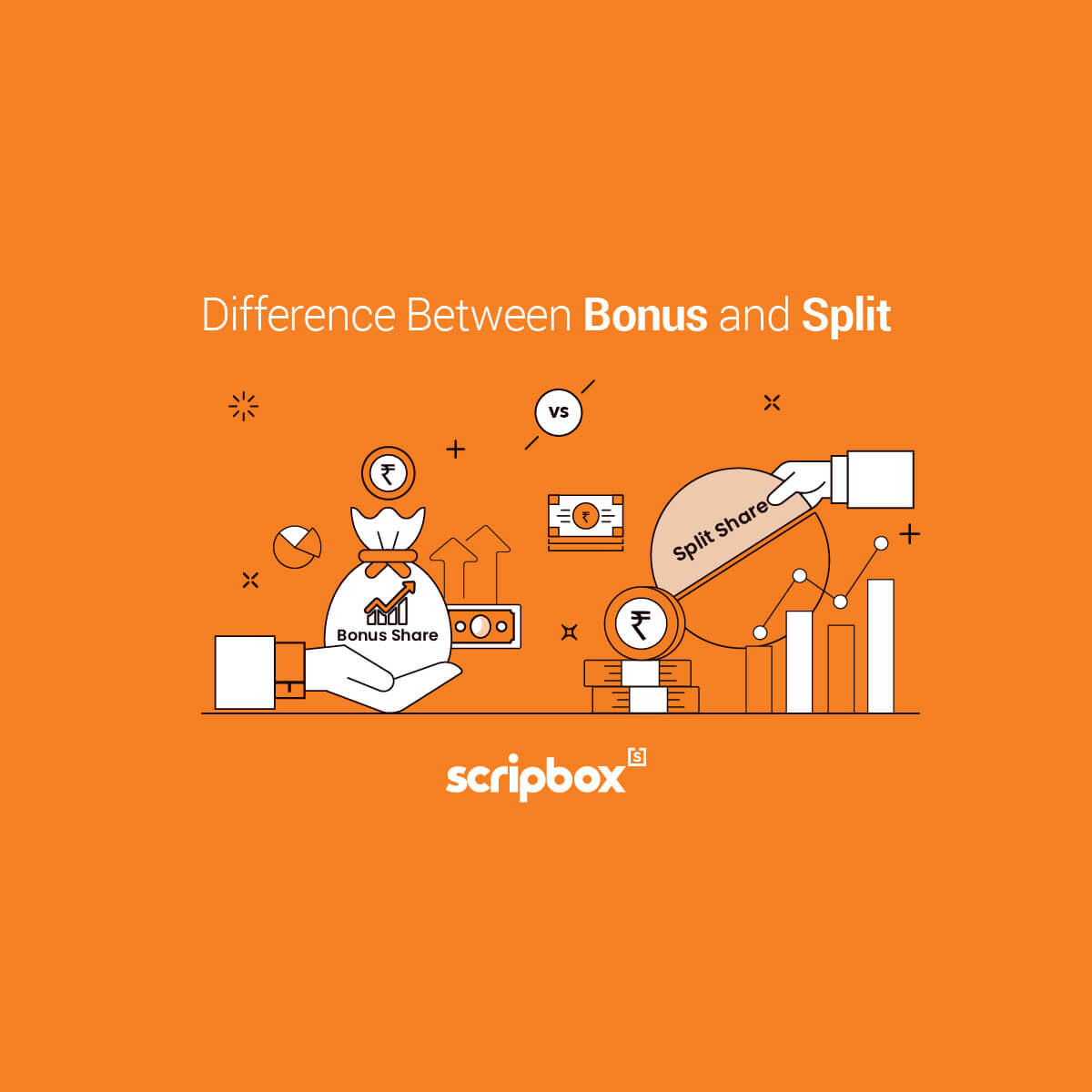
Difference Between Bonus Issue and Stock Split
What is a Bonus Issue? A bonus issue is a corporate action where a company offers extra shares to the existing shareholders without any extra cost. These extra shares are issued in proportion to the existing number of shares held...

Contingency Fund
What is Contingency Fund? A contingency fund is a fund created to protect yourself and your family in case of contingencies or emergencies. It could be a medical emergency, unavoidable home repairs, a sudden loss of employment, a salary cut,...

Commercial Paper
What is a Commercial Paper? Commercial paper (CP) is an unsecured money market instrument issued primarily by financial institutions and highly rated corporate borrowers and is issued at a discount in denominations of Rs. 5 lakh or multiples thereof. Institutional...



